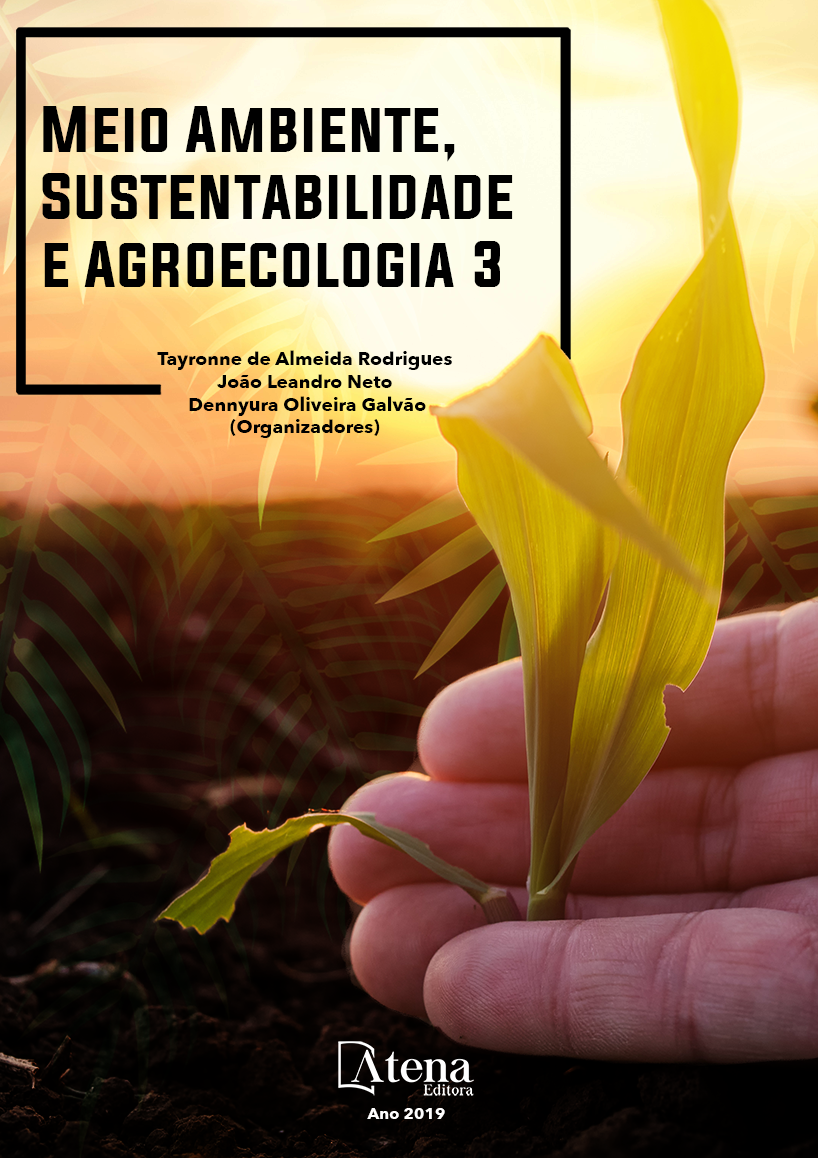
PLANTAS ALIMENTÍCIAS NÃO CONVENCIONAIS (PANC): UM DIAGNÓSTICO REALIZADO POR JOVENS RURAIS
As plantas alimentícias não
convencionais (PANC) não estão organizadas
em cadeias produtivas, mas que contribuem de
forma significativa na alimentação e nutrição
nas comunidades tradicionais. O presente
trabalho teve por objetivo sistematizar as
informações oriundas do resgate de PANC
realizado por estudantes do 3º ano do Curso
Técnico em Agroecologia do CETEP - Sisal,
participantes de um curso de extensão em
horticultura agroecológica. Para o levantamento
das espécies foi aplicado uma entrevista
semiestruturada pelos cursistas a familiares,
vizinhos, membros de suas comunidades. Os
entrevistados citaram 34 espécies, destacandose
o bredo, a língua de vaca, a beldroega e o
maxixe. Os resultados reforçam a importância
das trocas de saberes na construção
de conhecimento agroecológico e que a
ressignificação das espécies associadas ao
cotidiano das comunidades rurais pode e muito
contribuir com o ensino, pesquisa e extensão
PLANTAS ALIMENTÍCIAS NÃO CONVENCIONAIS (PANC): UM DIAGNÓSTICO REALIZADO POR JOVENS RURAIS
-
DOI: 10.22533/at.ed.29319160422
-
Palavras-chave: agroecologia; juventude; semiárido; soberania alimentar, etnobotânica
-
Keywords: Agroecology, Youth; Semiarid; Food sovereignty, Ethnobotany.
-
Abstract:
Unconventional food plants (PANC)
are not organized in productive chains, but that
contribute significantly to food and nutrition in
traditional communities. The objective of this
study was to systematize the information from
the PANC rescue carried out by students of the
3rd year of the Technical Course in Agroecology
of CETEP - Sisal, participants of an extension
course in agroecological horticulture. For the
survey of the species a semi-structured interview
was applied by the students to relatives,
neighbors, members of their communities.
The interviewees cited 34 species, especially
bredo, língua de vaca, beldroega and maxixe.
The results reinforce the importance of the
exchange of knowledge in the construction
of agroecological knowledge and that the resignification
of the species associated to the
daily life of the rural communities can contribute
greatly to teaching, research and extension
-
Número de páginas: 15
- Carla Teresa dos Santos Marques
- Karolina Batista Souza
- Erasto Viana Silva Gama


